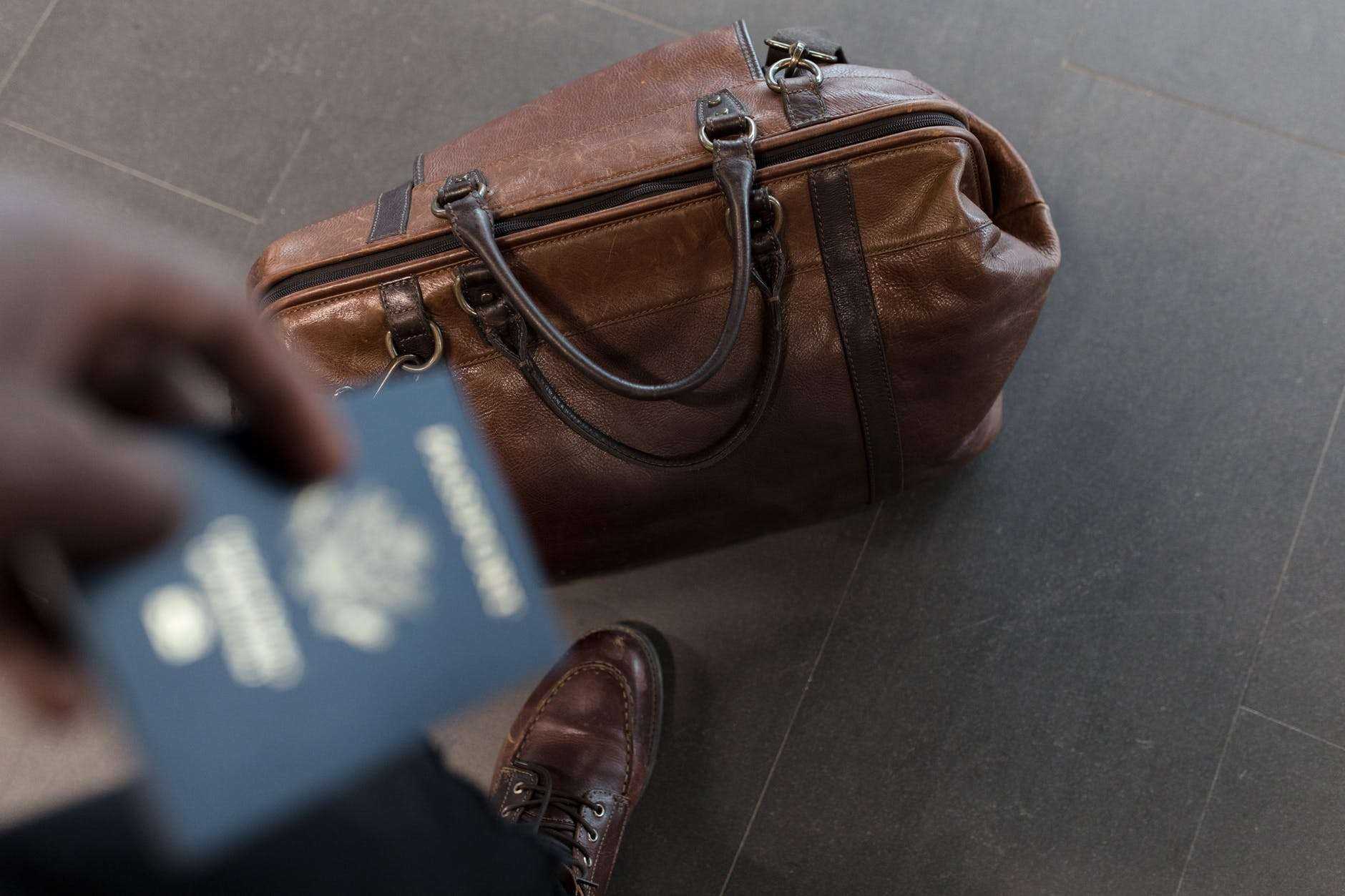on
BY NIKITA YOUNG
Here in Canada we have lived relatively freely. Our rights as Canadian citizens are envied all over the world. Canadian passports are one of the most accepted passports worldwide, and it was one of the reasons many were proud to be a Canadian. In this new Covid era it seems like a passport is barely enough to get you anywhere no matter where you are from.
With all the new travel restrictions implemented by our government and governments worldwide, being prepared before your travel has never been so important. It is now an overwhelming process for some to travel outside of Canada mainly because of the process to come back home. Under our Charter of Rights section 6 is our mobility rights and the very first line states “Every citizen of Canada has the right to enter, remain and leave Canada.” So why is it such a hassle to come back home now? It seems our rights to travel freely are being trumped by The Quarantine Act, which went into effect March 26th, 2020, but do the current conditions really even give reason enough for this Quarantine Act to be implemented?
The travel industry has been the most affected industry in this so-called “pandemic.” The Global Business Travel Association reported a 52% drop in business travel in 2020 due to travel restrictions. They also predict a 21% increase once more people take the vaccine.
What about those who choose not to be a part of this experimental gene editing inoculation project? Will we still be able to travel freely? The idea of being shut out of society for not taking an experimental drug is a big concern for the many people who are refusing to take it under all circumstances.
According to Dr.Fauci in a tweet on February 4th, 2021 he says people will still have to wear masks and social distance even after taking the Covid shot because they still don’t have data showing that vaccinated people don’t spread the virus. Why are vaccinated people being deemed safe to travel over unvaccinated people if there is no proof of that being the case?
The vaccine that technically is not even a vaccine by definition is being propagandized by media and corporations as the only way to save the world, almost as if it were the second coming of Jesus and many are not drinking the Kool-Aid. If you want to keep your right to travel without taking part in an experimental drug program, it will be on you to fight for that right. You will need to take a PCR test to travel to most countries with the exception of Mexico, Albania, Costa Rica, Dominican Republic, Montenegro, North Macedonia and Tanzania. To get back home to Canada you will need a PCR test both before you leave and at point of entry plus you will need to quarantine in an isolation facility at your own expense under these quarantine act measures.
The government has created many barriers that have intimidated Canadians out of traveling to see loved ones, taking business trips and just enjoying the right to decide for themselves if it’s safe enough to travel. If you are in a situation where you do need or want to travel it’s good to know that you do have options, and there are resources out there for people who wish to preserve their rights even in emergency situations. Activists worldwide are stepping up and sharing their experiences with traveling and avoiding some of the orders by speaking up for their rights and it’s working.
Chris Sky, a freedom of choice activist in Toronto, has been at the forefront of exposing the validity of the Covid restrictions. In a viral Instagram live post he streamed his experience of travelling back home through Pearson Airport showing all Canadians how to exercise their right to refuse Covid testing and being taken to an isolation center. When he was in the part of the airport where people were lining up to get tested he simply proceeded to walk out and told the officers that he is refusing the test. Chris was issued a fine and said that he will be fighting it in court. He has all confidence that he will win his case because of section 6 of our charter, and he also went home that day instead of to a government facility.
It’s intimidating standing up for your rights especially since it’s so hard to even decipher what our rights are exactly, but if you wish to preserve your rights it has never been more important to learn them and stand up for them. It might be a good idea to talk to a lawyer about what your rights are exactly so that you will be able to exercise them when needed.
Preserving our rights and freedoms are just as important as staying safe from a virus. If you remain afraid of living, then what’s the point of being safe if you can’t do anything you enjoy or be with the people you love. It will take the brave people stepping up to say no to the implementation of medical tyranny and the technocratic globalist takeover.
Those who see taking the vaccine as a way out will only be subjected to drug after drug for variant after variant and anything new that may arise. Vaccination passports are a dangerous game and puts everyone’s lives at the mercy of the rich and big pharma. Even if you are pro vaccine you should be concerned about being subjected to mandatory drugs or access to your rights.
Stay in the loop with exclusive news, stories, and insights—delivered straight to your inbox. No fluff, just real content that matters. Sign up today!














Michael
May 31, 2021 at 4:58 pm
Well said sister